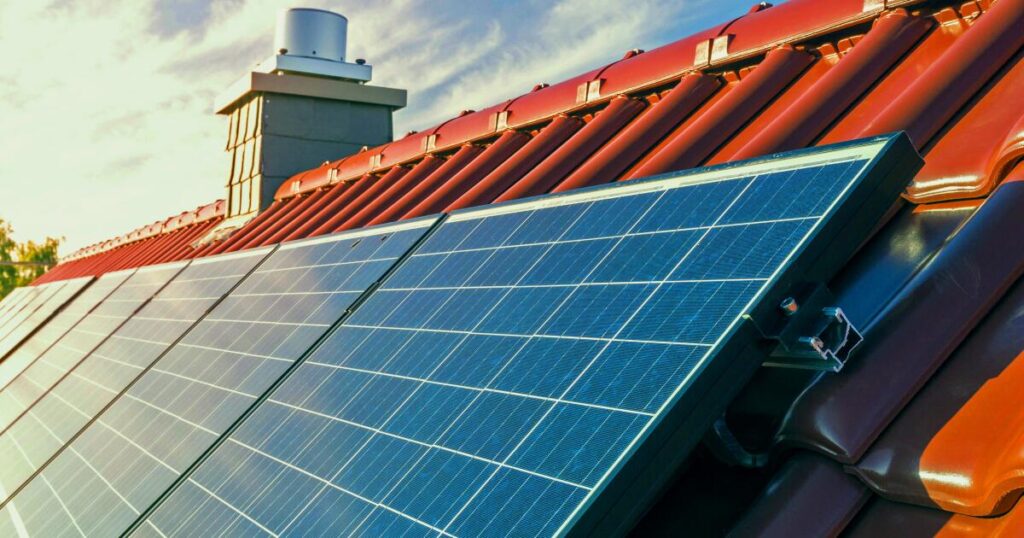Keefe is executive director of E2, a national nonpartisan business group, and author of the new book “Clean Economy NOW.” He lives in Carlsbad.
We are on the brink of the greatest economic revolution in generations, and it's happening only because America is finally starting to address climate change.
The problem is that we are only just getting started and some politicians are determined to set us back again.
Since landmark federal climate and clean energy policies were passed just 22 months ago, companies have announced more than 300 major clean energy factories and projects across the U.S.: electric vehicle and battery manufacturing plants, solar panel and wind turbine factories and farms, hydrogen fuel plants, etc. East of San Diego, companies are working with the state to turn the area around the Salton Sea into one of the nation's largest producers of lithium, a key ingredient in batteries.
When was the last time 300 factories or other large projects were built in America? Was it during the Industrial Revolution?
Companies are investing at least $124 billion in private funds in these projects and plan to hire more than 106,000 Americans to build and operate them, according to research by my organization, E2.
But this economic revolution is not just about jobs and investment.
These projects are bringing new opportunities to communities left behind by past economic transitions. In Imperial County, one of the state's poorest counties, Controlled Thermal Resources broke ground on a lithium mining operation near the Salton Sea in February, which could create hundreds of jobs and help revitalize the local economy. Other companies, including Warren Buffett's Berkshire Hathaway, are experimenting with ways to extract lithium from hot, brine water pumped from an existing Berkshire Hathaway geothermal plant in the area. Locals have begun calling the area “Lithium Valley.”
This American business revolution is finally making our country more competitive in a global market for clean energy products that is expected to reach $23 trillion. It's also helping our national security. China now produces about 75 percent of batteries and more than 80 percent of solar panel components. It makes and sells more electric vehicles than any other country, and in a global market rapidly shifting to renewable energy and electric vehicles, China is quickly becoming the Saudi Arabia of the clean economy.
Until now, the U.S. hasn't been able to compete. But that's changing: There are now about 40 battery factories under construction in the U.S., and more than 45 new solar panel and equipment factories have been announced.
America is finally getting into the game.
Perhaps most importantly, it all creates the essential, made-in-America tools we need to finally do something about climate change. More solar, wind, and electric vehicles means lower carbon emissions and cleaner air and water. That means less chance of wildfires, severe storms, and other weather disasters that are projected to cost the global economy $38 trillion a year by 2049, according to a recent study.
The problem is that all this progress is now at risk.
The bedrock policy driving this economic and environmental revolution, the Inflation Control Act (IRA), is under attack — not because it doesn't work, or because it hasn't already provided enormous benefits — but because of petty partisan politics.
The Republican-led U.S. House of Representatives has already tried to repeal or roll back the IRA more than 30 times, even though 60 percent of the clean projects announced in the past 22 months have been in Republican districts.
Uncertainty surrounding the November election also casts a pall over the future of this clean economy revolution, with companies and lenders growing increasingly wary of promises or threats to scale back or withdraw parts of IRAs.
Thankfully, environmentalists like North County Rep. Mike Levin continue to fight these misguided deregulations in Congress, but it's not enough.
America has finally put in place policies that will improve both our environment and our economy. We need all our politicians and elected officials to understand that we don't want to go backwards again, just as we're beginning to build a stronger, cleaner economy and a brighter world.



